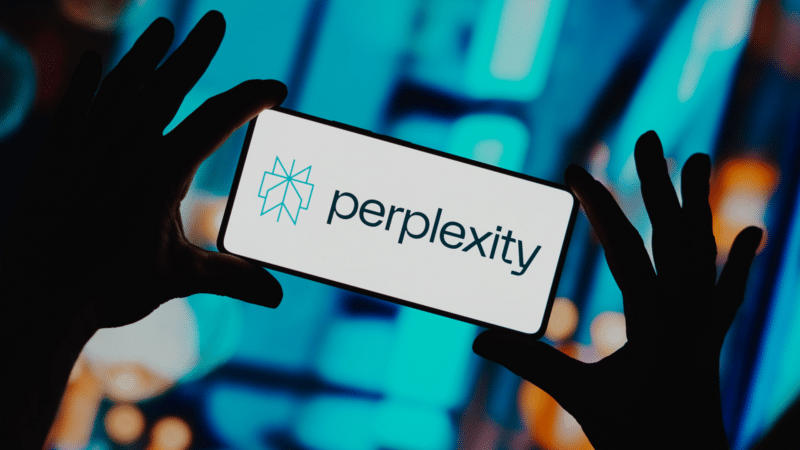
In the rapidly evolving landscape of AI-driven search engines, Perplexity stands out with its recent expansion of the publisher ad revenue sharing program. This initiative now welcomes well-known news organizations like the Los Angeles Times and Adweek into its fold, allowing them to benefit from the advertising revenue generated through Perplexity’s platform. The decision to include these publishers signals a move towards enhancing transparency and performance metrics, providing participating organizations with valuable insights that can help them optimize their content and advertising strategies.
However, the initiative has not been without its controversies. Major players like The New York Times and Dow Jones remain absent from the program, embroiled in legal battles surrounding allegations that Perplexity has used their content without consent. These accusations have given rise to labels such as “content kleptocracy,” wherein the AI platform is perceived to repurpose content from paywalled sources, raising glaring ethical concerns. Such a landscape raises questions about content ownership and the responsibilities of AI platforms in sourcing and summarizing materials.
Critics have also voiced concerns regarding the accountability of citations provided by Perplexity. Many instances reveal discrepancies in attribution, posing threats to brand safety and undermining content alignment with original publications. This is a particularly poignant point for marketers and content creators who rely heavily on accurate representation of their work across platforms. Recognizing these challenges is essential for professionals in digital marketing, as brand reputation directly impacts engagement and audience trust.
On the business side, Perplexity is reportedly navigating a $500 million funding round with aspirations of achieving a $9 billion valuation. Against the backdrop of fierce competition, especially from entities like OpenAI, there is a pressing need for Perplexity to address these concerns proactively. Establishing a clear framework on content ownership could enhance its relationships with publishers while simultaneously preserving the innovative edge that AI search engines must maintain.
The intersection of AI search technologies with URL management tools also merits attention. As more organizations seek to optimize visibility in the digital space, utilizing URL shorteners can significantly enhance engagement by producing concise, trackable links. Brands leveraging custom domains through link shorteners like BitIgniter or LinksGPT can bolster click-through rates, making it imperative for content managers and digital strategists to adopt effective link management systems.
As Perplexity continues to refine its publisher partnerships, the balancing act between innovation and ethical content use is paramount. The implications for marketing professionals, especially those who rely on accurate data and analytics from AI platforms, cannot be overemphasized. This evolution not only impacts revenue models but also shapes the broader narrative of trust and credibility in digital content dissemination.
In conclusion, as the AI search engine landscape evolves, understanding these dynamics will be critical for stakeholders. The potential benefits of partnerships like those with Perplexity must be weighed against the need for ethical practices in content utilization.
#BitIgniter #LinksGPT #UrlExpander #UrlShortener #DigitalMarketing #AI
Want to know more: Read more

